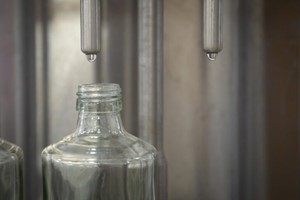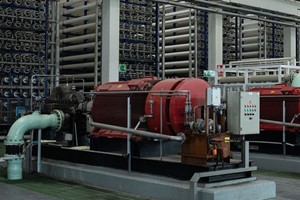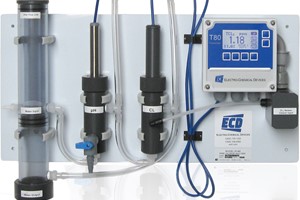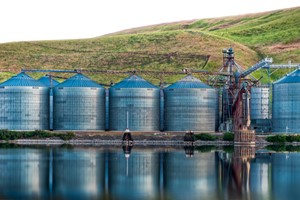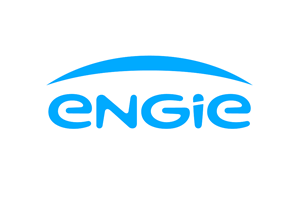Indian mega-cities like Bengaluru are increasingly facing the looming threat of a "Day Zero" scenario, where water resources are so depleted that they fail to meet basic needs. The mismanagement of these resources is alarmingly evident in Bengaluru, where historically significant lakes and tanks, once crucial for the city’s water supply, are now contaminated and frothing with toxic waste. Furthermore, the city’s groundwater resources are being exhausted at a perilous rate, exacerbating the situation.
The Climate Emergency and Water Mismanagement
The water crisis in Bengaluru is not an isolated issue but a reflection of the broader challenges faced by cities around the world. Similar predicaments are seen in cities such as Cape Town in South Africa, Mexico City, and Istanbul in Turkey. According to the 2018 Composite Water Management Index (CWMI) report by NITI Aayog, 600 million Indians experience high to extreme water stress, with about 200,000 people dying each year due to inadequate access to safe water. The report projects that by 2030, India’s water demand will be double the available supply, leading to severe water scarcity and a potential 6% loss in the country’s GDP.
Scientists like T.V. Ramachandra, Coordinator of the Energy and Wetlands Research Group at the Indian Institute of Science (IISc), attribute Bengaluru’s water scarcity to a depleting groundwater table and lower yield in the Cauvery River catchment area. He emphasizes that the climate emergency, aggravated by deforestation and the loss of native species, further compounds this crisis.
Innovative Solutions: Air-to-Water Technology
Amidst this grim scenario, innovative solutions are emerging. One such solution comes from Uravu Labs, a Bengaluru-based startup co-founded by engineer Swapnil Shrivastav. The startup is pioneering a technology that generates water from air, tapping into what Shrivastav describes as an "atmospheric river" surrounding us. According to his calculations, the air over Bengaluru contains approximately two billion litres of water in its 100-meter-high column at any given time.
Uravu Labs’ approach to capturing this atmospheric water involves a liquid desiccant absorption process, which is then followed by desorption to convert the absorbed moisture into water. This water is subsequently purified, enriched with essential minerals, and bottled for consumption. This method, according to Shrivastav, is both more efficient and affordable compared to conventional condensation technologies.
Challenges and Controversies in Water Management
Despite the promise of innovative solutions like Uravu Labs’ technology, the larger picture of water management in Bengaluru remains fraught with challenges. Currently, the city’s freshwater demand stands at 2,632 MLD (million litres per day), with nearly half of this demand being met by groundwater and the remaining sourced from the Cauvery River, located about 100 kilometers away. This dependence on distant sources makes Bengaluru’s water supply one of the most energy-intensive and costly in the world, with daily expenses estimated at Rs 3 crore.
The situation is further complicated by the controversial Yettinahole water project, which aims to divert 24.01 TMC of water from the Yettinahole stream in the Western Ghats, located 274 kilometers away. Several scientists, including Ramachandra, have raised concerns about the potential environmental and economic consequences of this project in an open letter to the Chief Minister of Karnataka.
Uravu Labs: From Concept to Commercialization
Uravu Labs traces its origins back to 2012 when two of its three founders, Swapnil Shrivastav and Venkatesh Raja, participated in an international student competition focused on the future of water in cities. Inspired by the Star Wars series and its depiction of moisture vaporators, they initially experimented with condensation technology. However, they soon encountered challenges such as high power consumption and over-dependence on humidity.
The breakthrough came with the adoption of a liquid desiccant technology, specifically using calcium chloride. This shift from solid desiccants to a liquid desiccant proved crucial in scaling up the technology, which now produces over 4,000 litres of water per day. The company aims to expand its capacity to between 50,000 and 500,000 litres per day, targeting industrial applications and rural markets where water availability is poor.
Economic Viability and Market Reception
Despite its innovative approach, Uravu Labs faces challenges in making its water production economically viable on a large scale. Currently, the cost of water production is Rs 3-4 per litre, with a goal of reducing this to Re 1 or less per litre. The startup primarily serves around 50 hospitality clients, including premium hotels and restaurants in Bengaluru, who sell the water at Rs 90-150 per litre.
Clients like Ashwathy Inns and the Royal Orchid Hotels have embraced Uravu water for its sustainability features, despite the high cost. However, the broader market adoption of this technology will depend on the company’s ability to lower production costs and expand its reach beyond niche markets.
The Future of Water Technology and Sustainability
As Uravu Labs explores new markets, including hydroponics and vertical agriculture in Dubai, and industries such as distilleries and green hydrogen production, the scalability and environmental impact of their technology remain points of discussion. Experts like Deepak Swami from IIT Mandi express skepticism about the technology’s ability to address the global or urban water crisis at scale. He points out that the performance of air-to-water systems depends heavily on factors like humidity and temperature, and there is a risk of drawing water from polluted air in urban areas.
Nonetheless, Uravu Labs’ technology offers a promising supplementary solution to traditional water management methods, particularly in water-stressed regions. The company’s approach to using various energy sources—solar, biomass, industrial waste heat, and grid electricity—further enhances its potential for sustainable water production.
The Role of Rainwater Harvesting
While air-to-water technology represents a significant innovation, experts like T.V. Ramachandra argue that rainwater harvesting remains the most cost-effective and sustainable solution for cities like Bengaluru. With an average annual rainfall of 700-750 mm, Bengaluru could potentially meet 70-75% of its water demand through effective rainwater harvesting and lake rejuvenation initiatives.
As Bengaluru and other cities around the world grapple with the growing water crisis, the need for a multi-faceted approach that combines traditional and innovative solutions becomes increasingly apparent. Uravu Labs’ efforts to generate water from air contribute to preserving precious groundwater resources and offer a glimpse into the future of sustainable water management. However, as Shrivastav reflects, "A drop of water saved is a drop earned," underscoring the importance of conserving and efficiently managing our existing water resources.
by Arathi Menon




